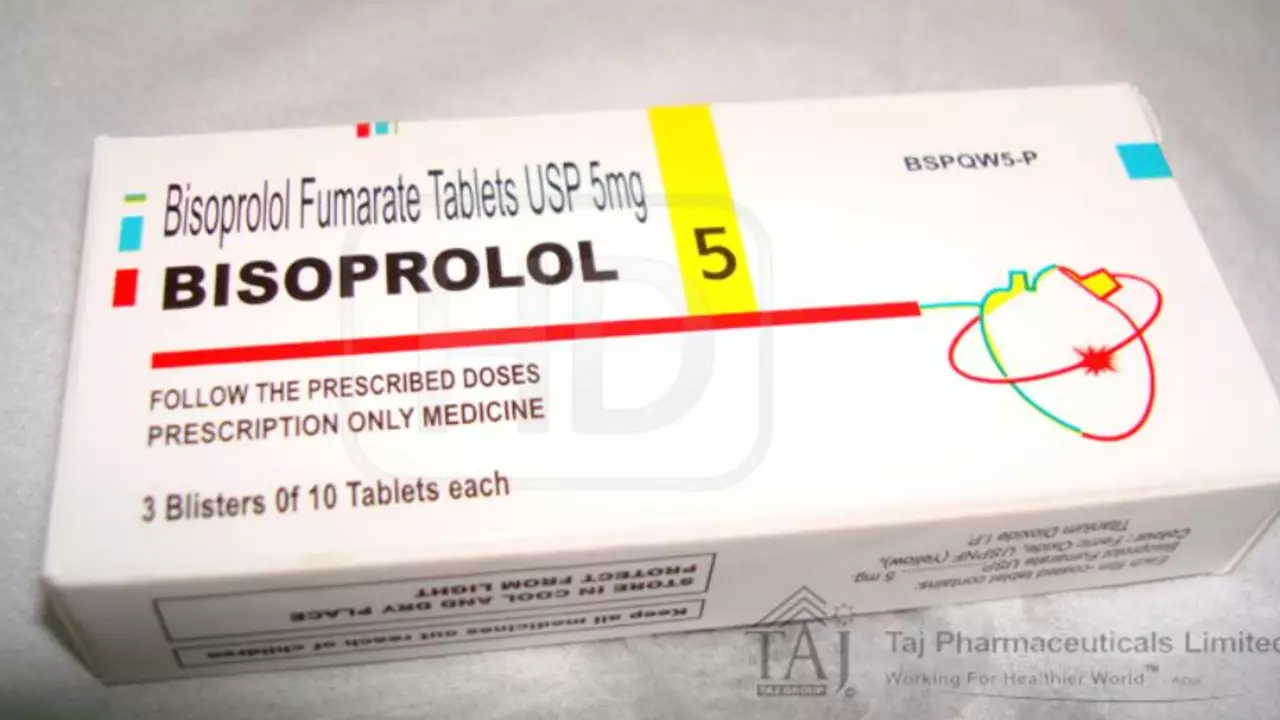Medication tips you can use today
Want straightforward, useful advice about medicines? Good. This page collects practical tips on buying meds online, taking them safely, spotting fakes, and choosing alternatives when needed. No jargon — just things you can act on right away.
How to buy medication online safely
If you order meds online, first check the pharmacy. Look for a verifiable licence or registration, clear contact details, and a real address. If a site sells prescription-only drugs without asking for a prescription, walk away. That’s a red flag.
Compare active ingredients not brand names. Some sites sell the same medicine under different labels. Match the generic name (for example, linezolid for Zyvox) rather than trusting branding alone.
Watch prices: if a prescription drug costs a tiny fraction of usual retail, it might be counterfeit. Check shipping times and return policies before you pay. Save copies of order confirmations and labels in case you need to dispute a delivery.
Use a credit card or a trusted payment method that offers dispute protection. Avoid wire transfers or paying in crypto unless you’re sure the vendor is legit.
Everyday tips for taking medicines safely
Keep a simple medicine list: drug name, dose, reason, and time you take it. Share that list with your GP or pharmacist so they can spot dangerous interactions.
Read the leaflet — but focus on three things: dosing, major side effects, and interactions. If you take other drugs, bring the list to the pharmacist and ask directly about interactions with common items like alcohol, caffeine, or antacids.
Follow timing rules. Some drugs need to be taken on an empty stomach (e.g., certain osteoporosis meds like weekly Fosamax), others with food. When in doubt, ask a pharmacist or check the official leaflet.
Don’t stop antibiotics or psychiatric meds early. Finishing the prescribed course prevents resistance or relapse. Exceptions exist, but discuss changes with your prescriber first.
Store meds properly: cool, dry, away from kids and pets. Some require refrigeration — check the label. Don’t keep expired pills; dispose of them safely at a pharmacy take-back point if available.
Special meds need extra care. Clozapine, for example, requires blood monitoring. Fertility injections and hormone meds have specific handling and timing rules. If you’re on a drug with special monitoring, keep appointments and lab results up to date.
If you notice worrying side effects — sudden rash, breathing trouble, fainting, or severe mood changes — seek urgent medical help. For less urgent concerns, call your pharmacist or book a GP appointment.
Want tailored help? Use a local pharmacist as your first stop. They’re practical, quick, and trained to answer the everyday questions that make the biggest difference.
